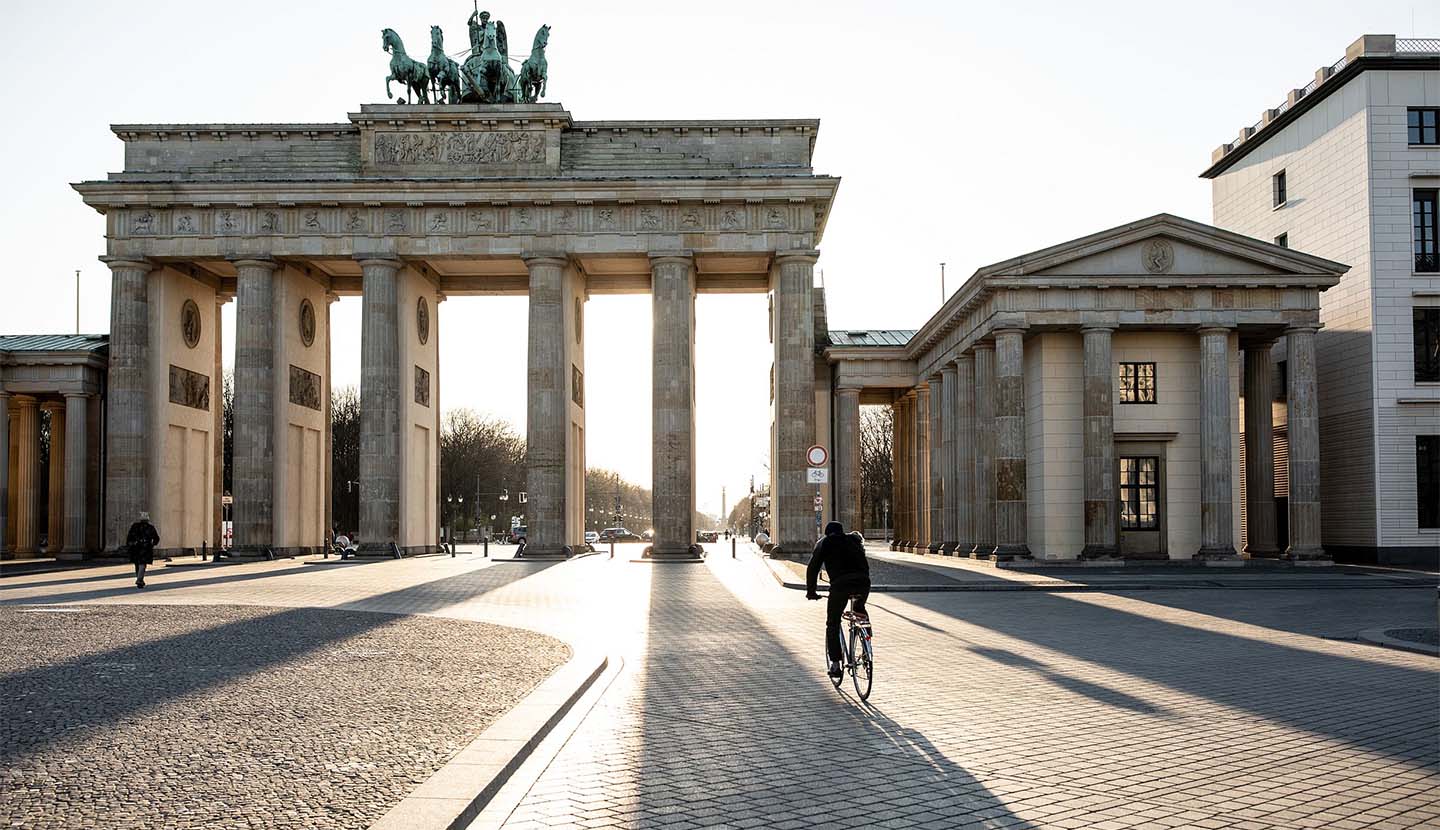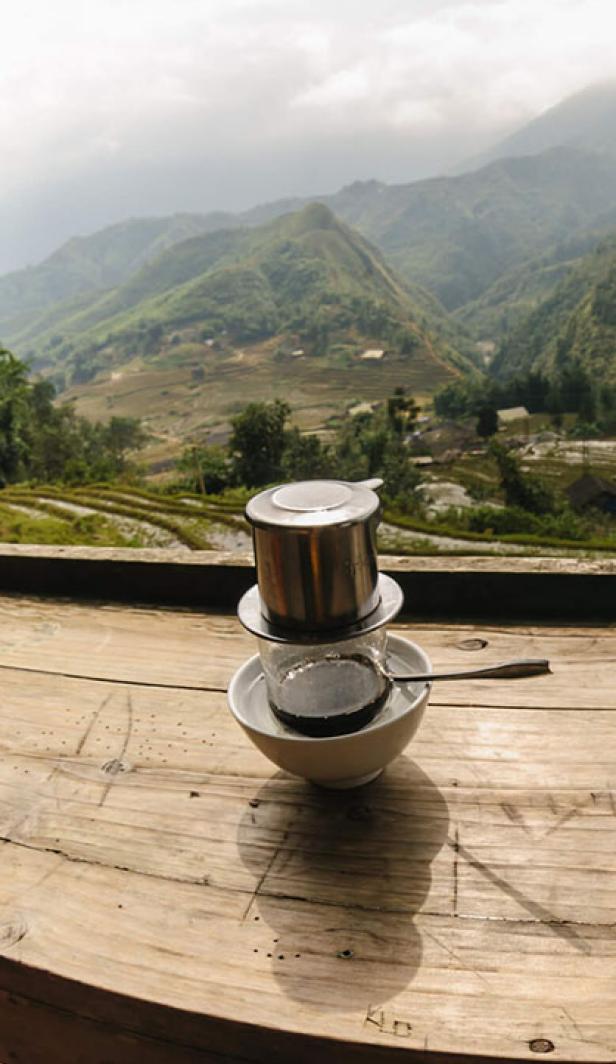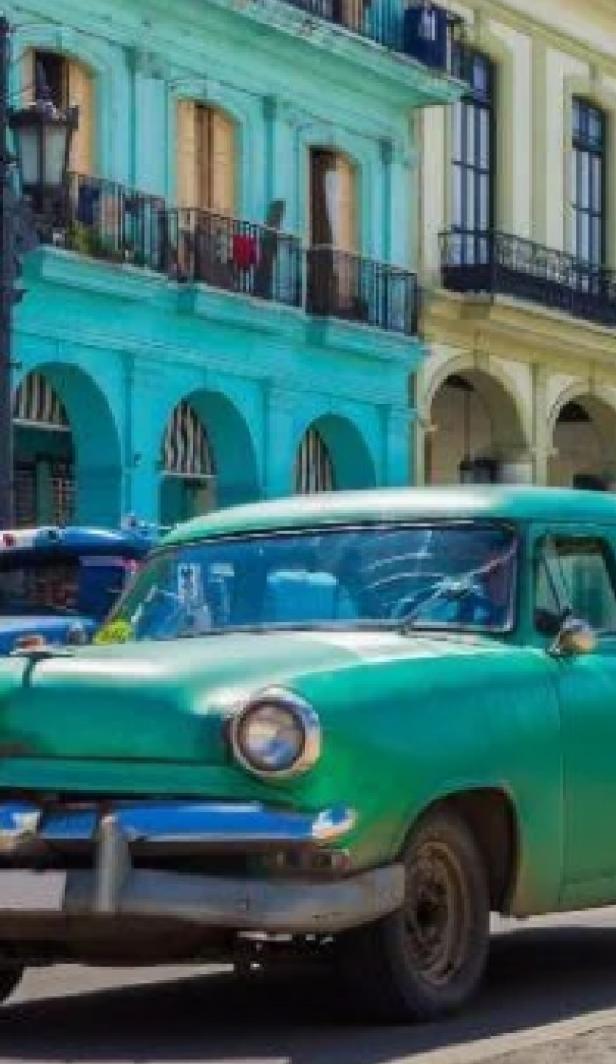History of German coffee
Kaffeeklatsch
Germany opened its first ever coffee house in Hamburg in 1679. At this time, coffee houses were a place for both men and women to meet friends and sit down and chat, so much so that the phrase “kaffeeklatsch” was coined, meaning coffee and gossip.
Coffee became illegal
Coffee proved so popular in Germany that it began to directly impact the beer industry and sales fell dramatically. Fredriech II of Hohenzollern, King of Prussia, wasn’t pleased by this development so he set to monopolise coffee roasters and eventually ruled both possession and consumption of coffee as illegal, a law that stayed in place until he died in 1786.
A rare luxury in WWII
German coffee once again fell on hard times during the Second World War where it became next to impossible to find. So impossible, in fact, that people started making the beverage out of acorns, chicory and grain!
The invention of the coffee filter
It may surprise you to learn that the humble coffee filter owes its existence to a German woman called Melitta Bentz. She created the first ever coffee filter for a coffee machine in the early 20th century as she got fed up of discovering coffee dregs in the bottom of her cup. She experimented with different methods until she found the perfect one and in 1908, she patented the filter for the cafetière and produced it with her husband’s help.
German coffee culture today
Today, German coffee consumption is back in full swing and the beverage is typically served as coffee and cake or “kaffee and kuchen” as it’s called in the native tongue. Usually enjoyed late afternoons, on holidays and Sundays.
German coffee types
Due to Germany’s deep love of the beverage, it should come as no surprise to learn that they’ve also had their hand in creating their own specialty German coffee types over the years. Take a look at a few of the beverages you may encounter in coffee shops across the country below:
What is it?
Pharisäer Kaffee
This German coffee type is a long coffee with a shot of rum, typically topped with whipped cream and dusted with cocoa. The story of how the beverage got its name dates back to a strict Protestant, Gustav Beyer from the Northern Frisia region.
He hated how much his congregation drank and regularly complained about it, so during a village festival whilst villagers enjoyed a mug German coffee with a shot of rum and topped with whipped cream, he was served a non-alcoholic version.
When he realised what had happened, he yelled, “Ihr Pharisäer”, a reference to the accusations of hypocrisy to the Pharisees in the Bible by Christ.
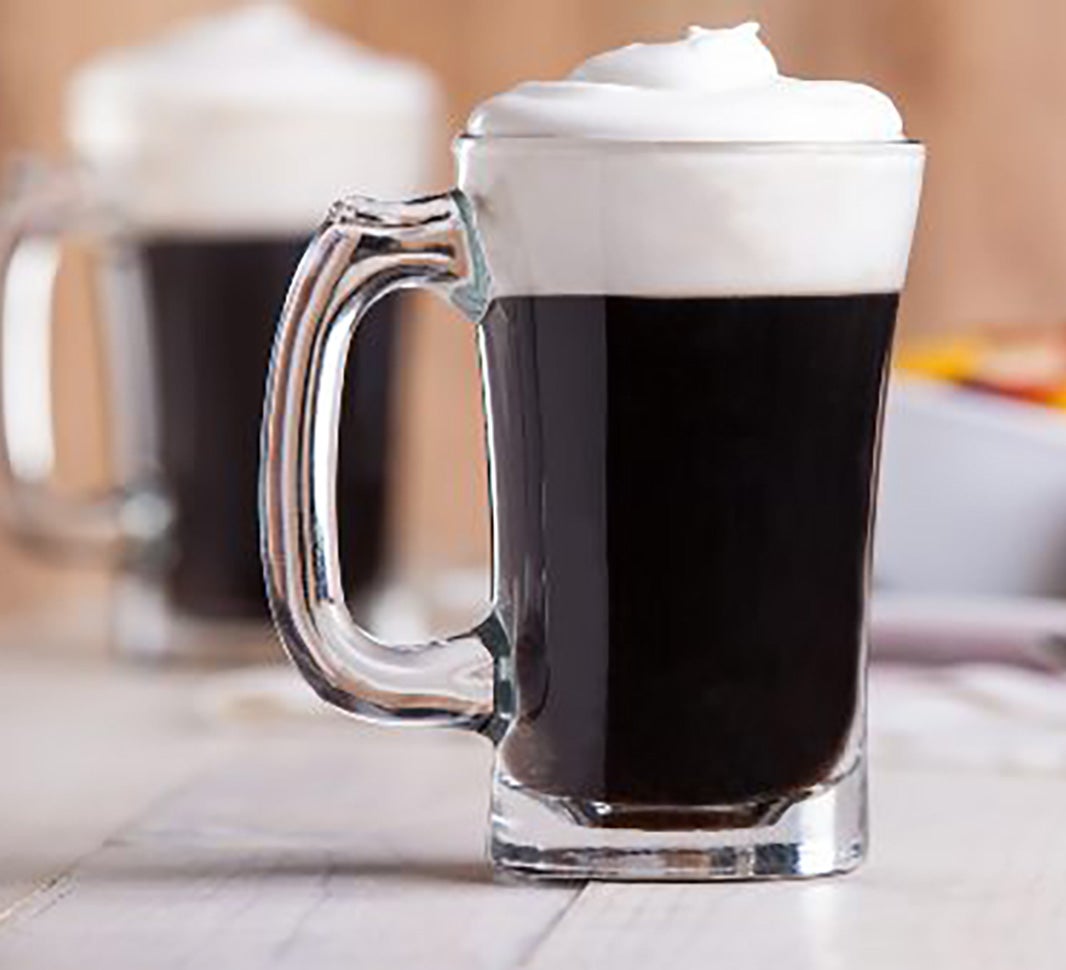
What is it?
Eiskaffee
The perfect coffee for the sweet tooth, Eiskaffee is a cold German coffee served with vanilla ice cream, topped with whipped cream and usually dusted with unsweetened cocoa powder. This German coffee is most commonly enjoyed on warm summer days.
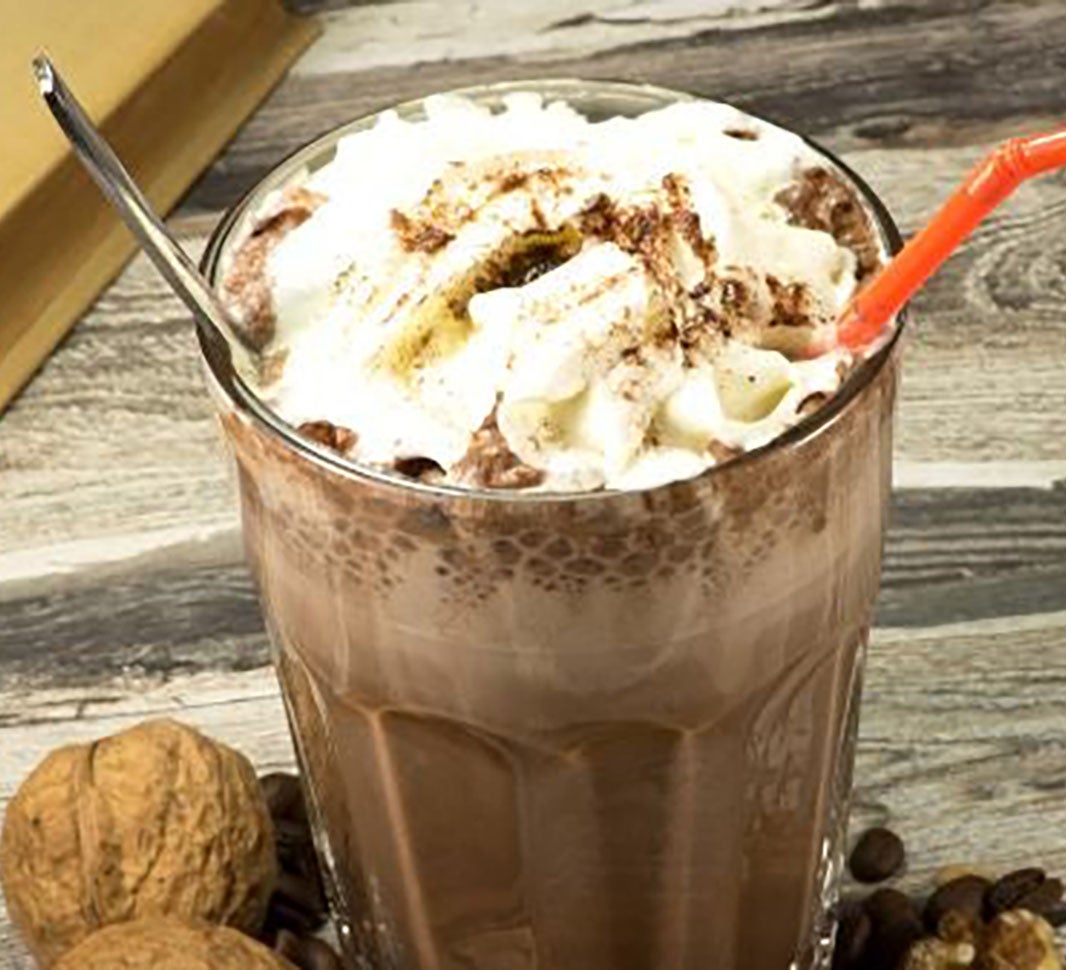
What is it?
Café Crème
The most classic German Coffee, Café Crème is a long coffee made with a specific espresso machine and a dual filter holder. If you order just a coffee in Germany, this is likely what you’ll get! In taste it’s most likened to an Americano.
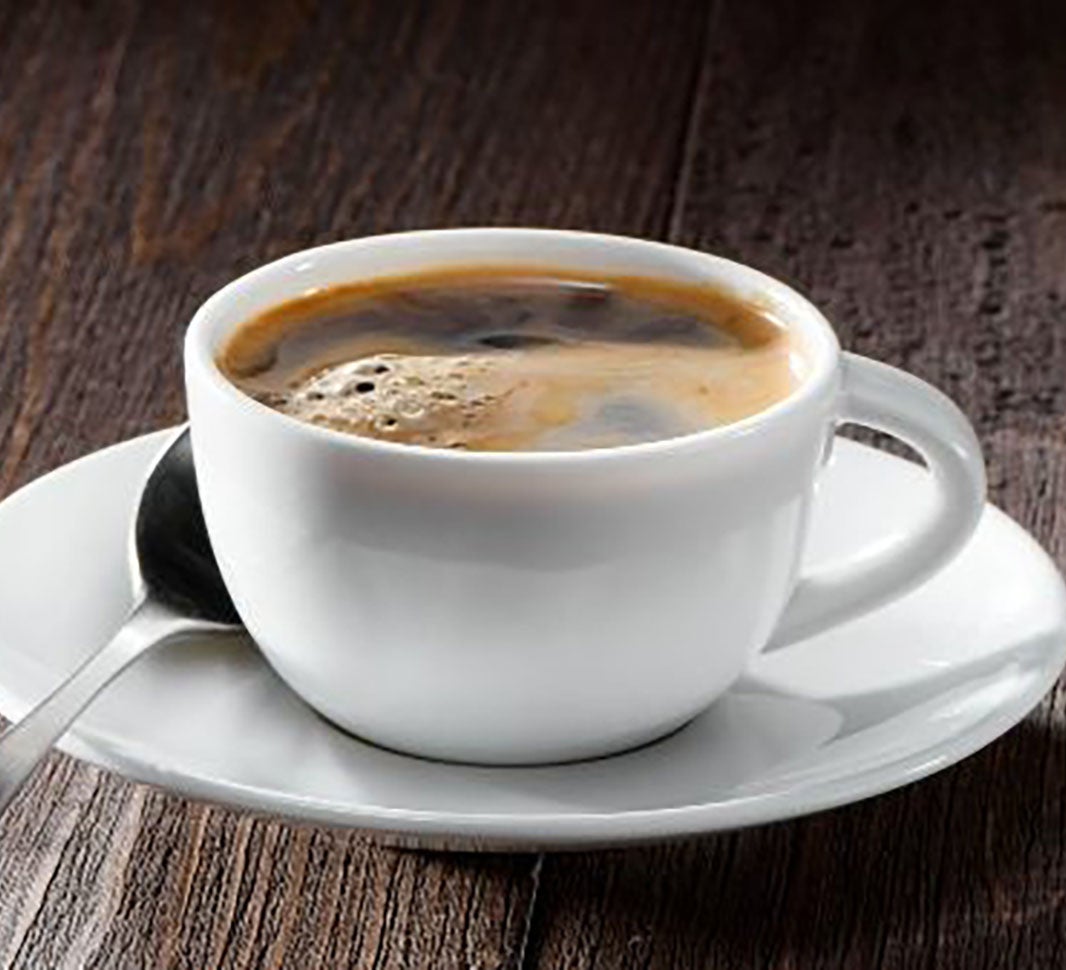
That’s our guide to German coffee! Want to find out more about coffee culture around the world? Check out our article on Indonesian coffee, next.
Today’s community favourites


